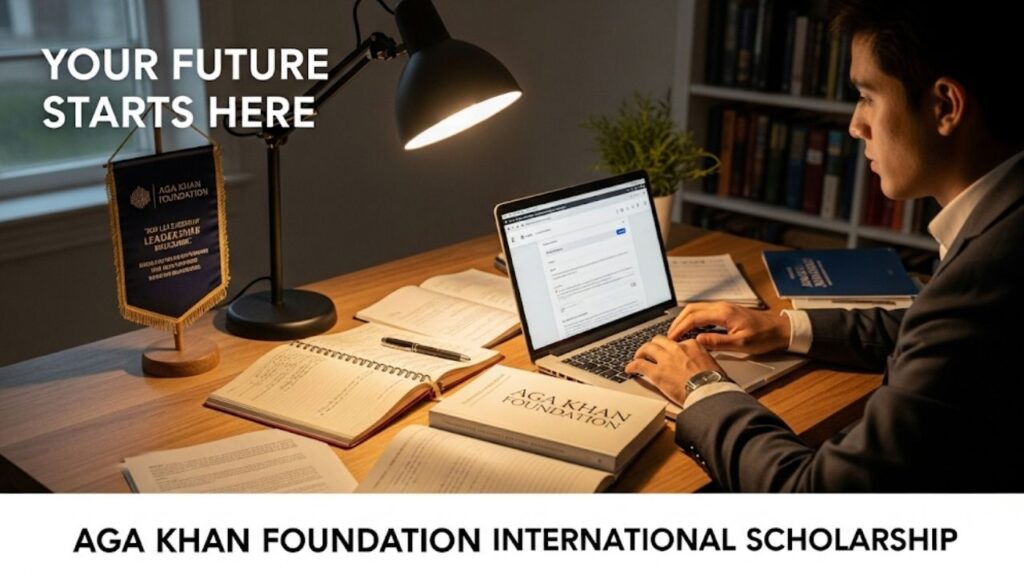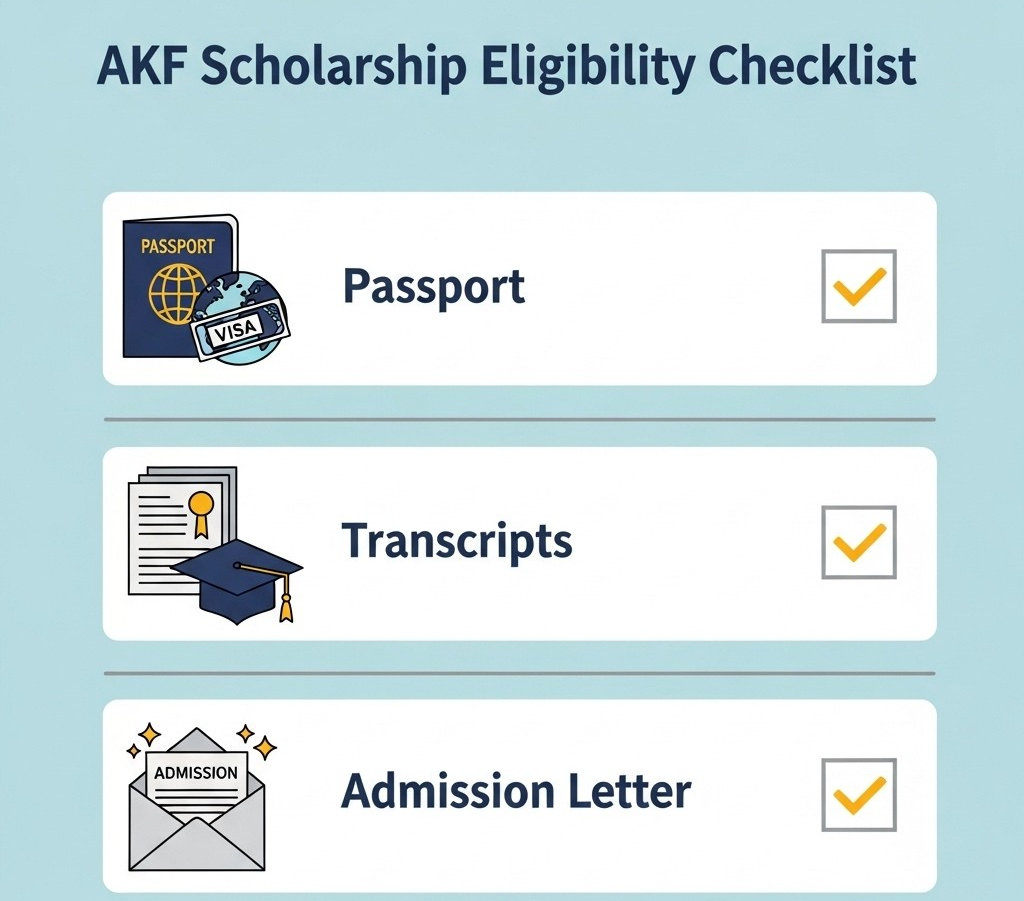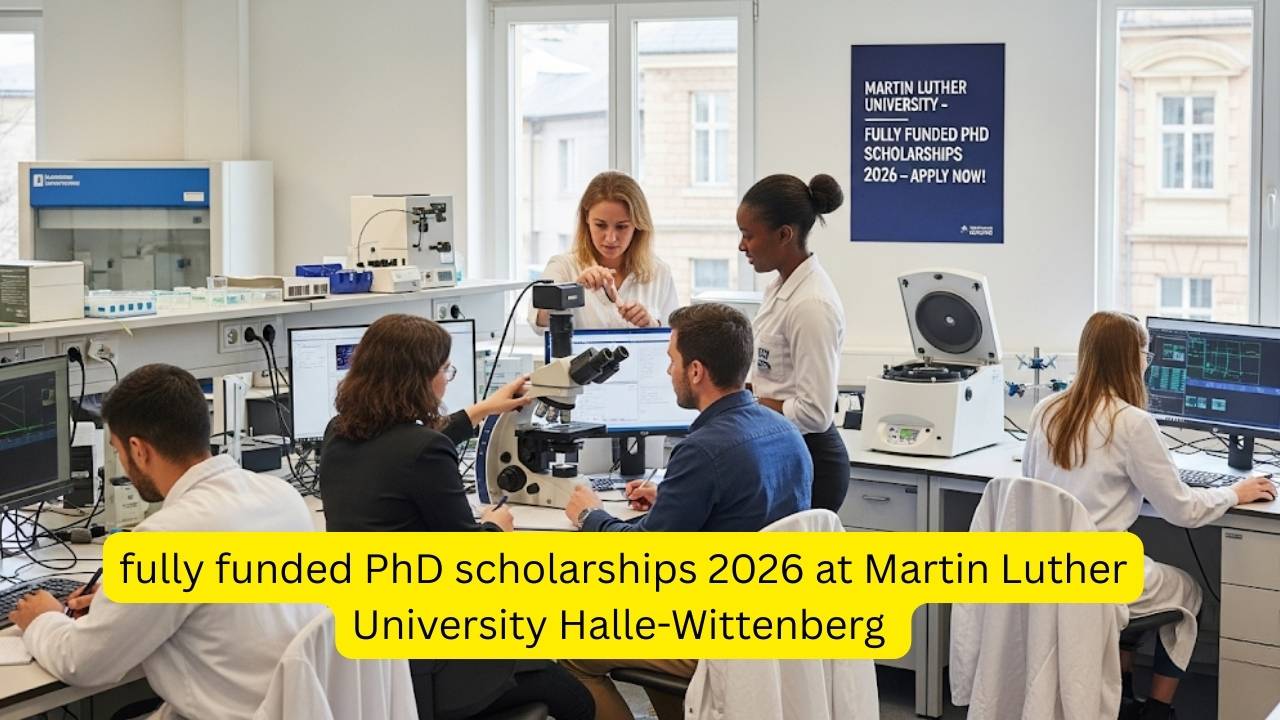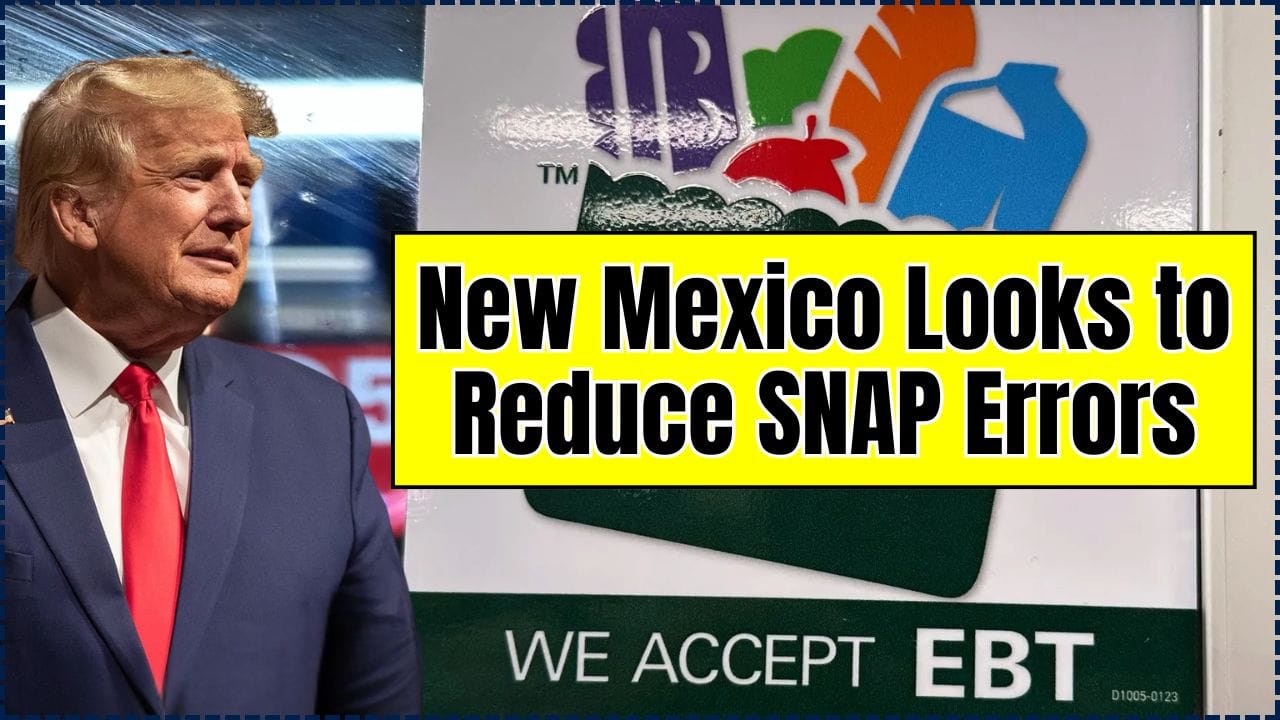The Aga Khan Foundation International Scholarship Programme (AKF ISP) represents more than just financial aid; it’s a commitment to developing new leaders who can drive positive change in their home communities. As the January 2026 application window approaches, you might be feeling a mix of excitement and apprehension. This guide is designed to cut through the complexity, offering a clear, step-by-step roadmap to help you prepare a compelling application. We’ll walk through everything from eligibility to the final interview, giving you the tools to put your best foot forward.

Aga Khan Foundation International Scholarship
| Key Aspect | Detail |
| Funding Model | 50% grant and 50% loan for tuition and living costs. |
| Study Level | Master’s and PhD programmes. |
| Application Cycle | Opens January 2026; closes March 31, 2026 (tentative). |
| Geographic Focus | For students from select developing countries. |
Applying for the Aga Khan Foundation International Scholarship is a marathon, not a sprint. It requires careful planning, deep self-reflection, and a clear vision for your future. Remember that the foundation is investing in you not just as a student, but as a future leader. AKDN Website.
Start preparing now. Research your desired universities, begin drafting your essays, and gather your documents. Every step you take today brings you closer to your goal. This journey is a testament to your ambition and your commitment to making a difference. Go forward with confidence.
What Makes the Aga Khan Foundation Scholarship Unique?
Unlike many traditional scholarships that focus solely on academic merit, the AKF ISP places a heavy emphasis on your potential to contribute to your country’s development. It is built on a philosophy of giving back.
The programme provides funding as a 50% grant and a 50% loan. This unique structure fosters a sense of responsibility and partnership. The loan component is to be repaid over five years, beginning six months after the completion of your studies. The goal is to recycle these funds to support future generations of scholars, creating a sustainable cycle of educational empowerment.
Are You Eligible? Decoding the AKF Scholarship Eligibility Criteria
Before you invest time and energy into the application, it’s crucial to confirm you meet the strict eligibility requirements. The Foundation looks for outstanding students with a clear vision for their future.
Nationality and Residency Requirements
The scholarship is restricted to citizens of the following countries: Afghanistan, Bangladesh, Canada, Egypt, France, India, Kenya, Kyrgyz Republic, Madagascar, Mozambique, Pakistan, Portugal, Syria, Tajikistan, Tanzania, and Uganda.
Please note that in Canada, France, Portugal, and the USA, applications are accepted from those who are originally from one of the other eligible countries and are interested in development-related studies. According to the Aga Khan Foundation, you must reside in a country where there is an Aga Khan Foundation, Aga Khan Education Board, or Aga Khan Education Service office which processes applications and conducts interviews.
Academic Background and Work Experience
Applicants should have an excellent academic record. While there’s no fixed GPA cutoff, consistent high performance is expected. You must also have secured admission to a reputable Master’s or PhD programme before the application deadline.
The Foundation gives preference to Master’s level candidates and typically prioritizes younger applicants under 30 years of age. Relevant work experience in your field of study can significantly strengthen your application, as it demonstrates a practical understanding of the challenges you aim to address.
Financial Need
A core component of the eligibility is demonstrating genuine financial need. You must be able to show that you cannot afford the full cost of your education. The application process will require you to provide detailed information about your family’s financial situation.

The Application Journey: A Step-by-Step Guide for 2026
Navigating the application can feel daunting, but breaking it down into manageable steps makes it much clearer. Let’s map out the process.
Step 1: Mark Your Calendar – Key Dates
The application process runs annually from January to March. For the upcoming cycle, you should plan to obtain and submit your application between January 1, 2026, and March 31, 2026. These dates are based on previous cycles, so be sure to check the official AKF website for the confirmed schedule as the time nears.
Step 2: Obtain and Complete the Application Form
Application forms are not available online. You must collect them in person from the local Aga Khan Foundation (AKF) or Aga Khan Education Service/Board (AKES/B) offices in your country of residence. This first step is important as it connects you with the local committee that will review your file.
Step 3: Gather Your Essential Documents
Preparation is key. Start gathering these documents well in advance:
- Completed AKF application form.
- Copies of academic transcripts and degree certificates.
- An official letter of admission from your chosen university.
- A detailed curriculum vitae (CV) or resume.
- Proof of financial need (e.g., family income statements).
- A personal essay outlining your goals and development-related objectives.
Step 4: Crafting a Powerful Personal Essay
This is your chance to speak directly to the selection committee. I’ve seen many successful applicants excel here by focusing on three things: clarity, passion, and vision.
- Clarity: Clearly state your academic and career goals. What do you want to study and why?
- Passion: Show your genuine commitment to your field and to the development of your home country.
- Vision: Connect your studies to a larger plan. How will the knowledge and skills you gain help you address a specific problem or contribute to a particular sector back home? Be specific.
Inside the Selection Process: What Happens After You Apply?
Submitting your application is just the beginning. The AKF has a rigorous, multi-tiered selection process designed to identify the most promising candidates.
First, your application is reviewed by a local scholarship committee in your country. If shortlisted, you will be invited for an interview. This interview is a critical part of the process. In my experience advising students, the candidates who succeed in the interview are those who can confidently and articulately discuss their future plans and how their work will benefit their community.
Successful candidates from the local interview are then recommended to the national committee. The final selection is made by an international committee that meets in Geneva, Switzerland. The entire process takes several months, with final decisions usually communicated in late June or early July.
The Chevening Energy Market Reform Fellowship 2025: Your Guide to a Sustainable Future
The Chevening CRISP Fellowship 2026 Application Guide
FAQs
Q1: Can I apply if I have already started my postgraduate studies?
No, the Aga Khan Foundation International Scholarship is only for students who are planning to begin a new course of study. Applications from students who have already commenced their studies are not accepted.
Q2: Is the scholarship available for short courses or online programmes?
The scholarship does not fund short courses. While there has been more flexibility recently, there is a strong preference for in-person programmes at reputable universities. Always check the latest guidelines on the official AKDN page.
Q3: Do I need an admission letter before applying for the scholarship?
Yes, you must have an admission letter from a university to be considered for the scholarship. You should apply to universities and the scholarship programme concurrently.
Q4: What are the loan repayment terms?
The loan portion of the scholarship must be repaid. The repayment period is five years, and it begins six months after the completion or cessation of your studies. An annual service charge of 5% is applied.










